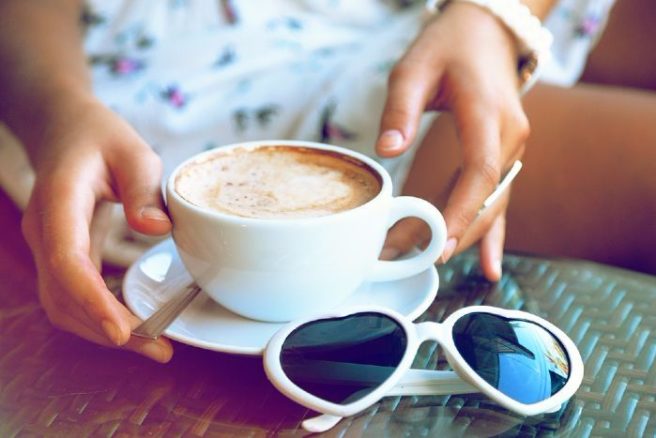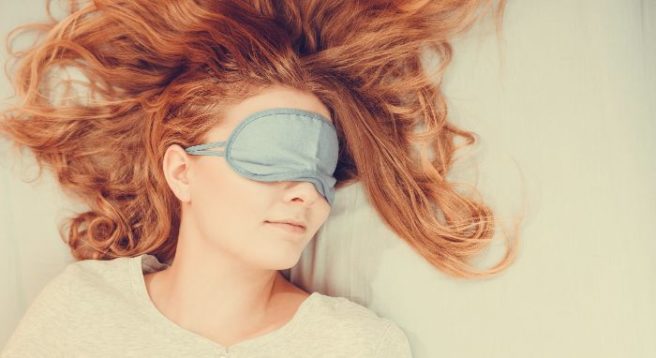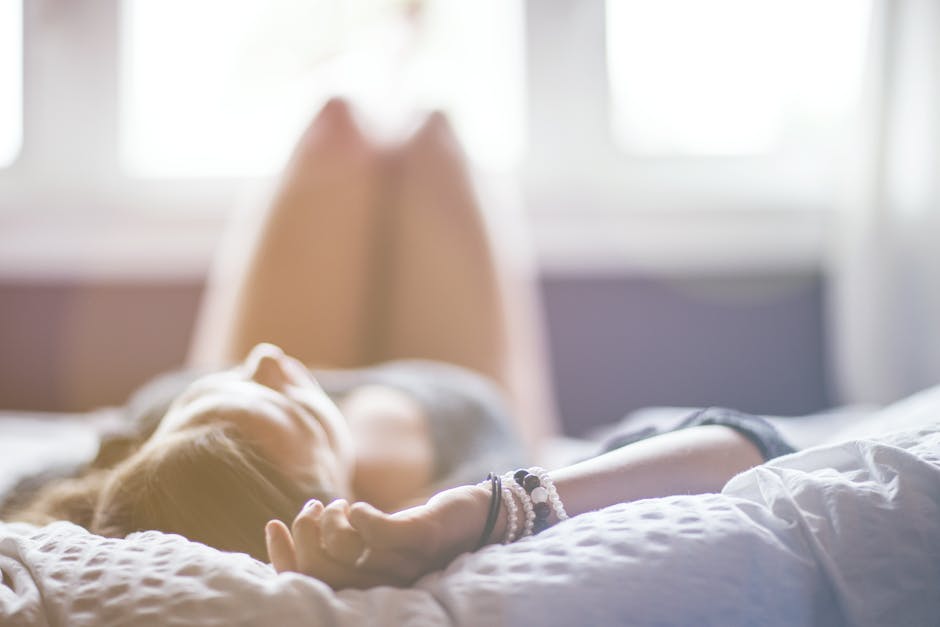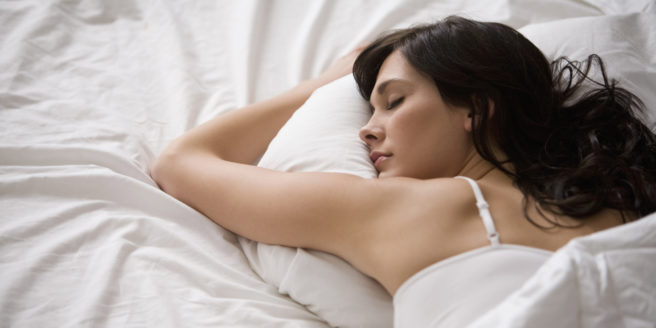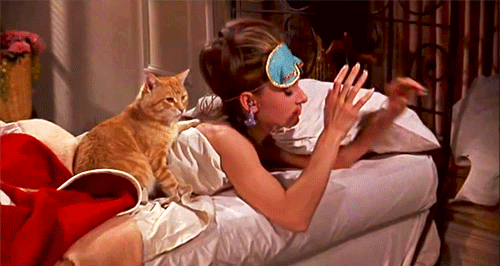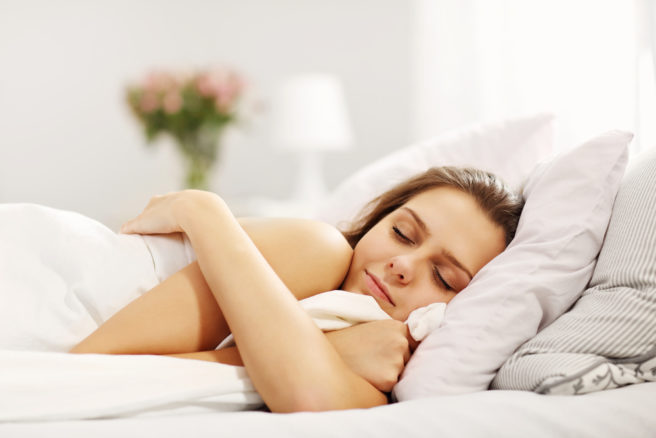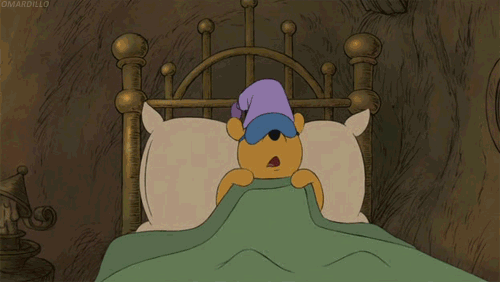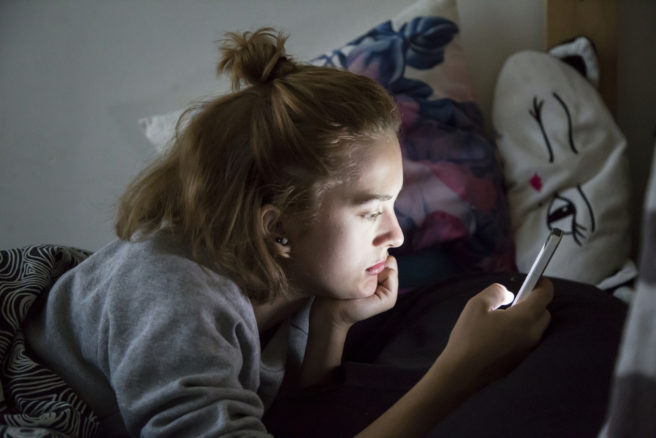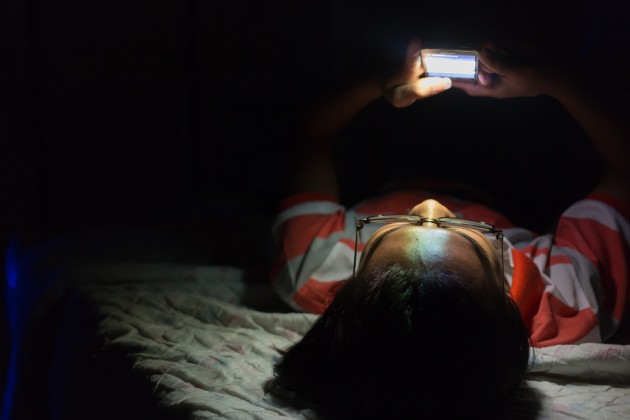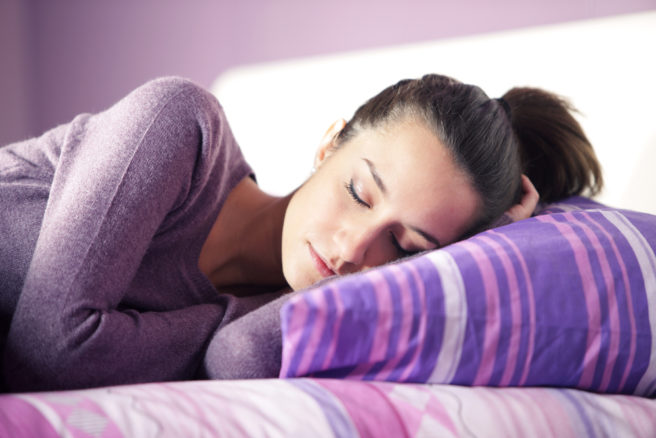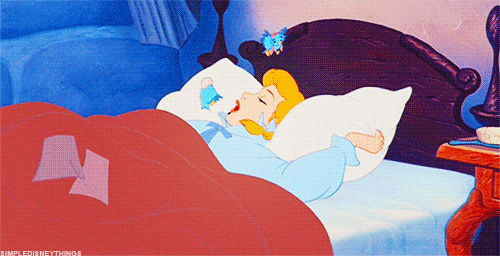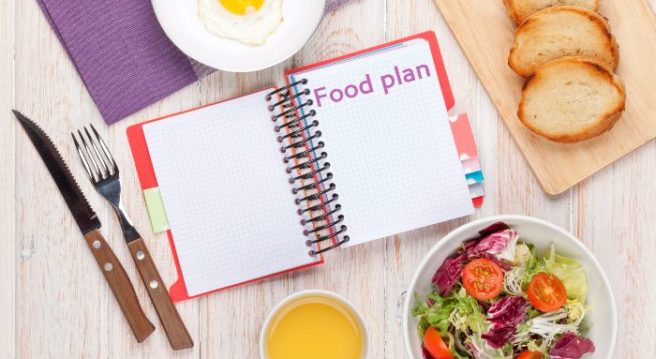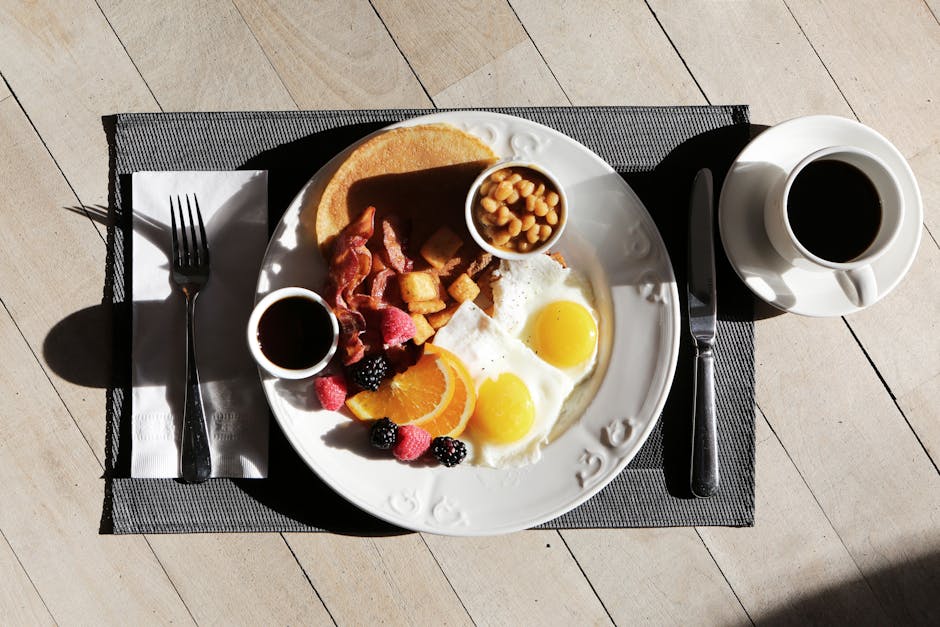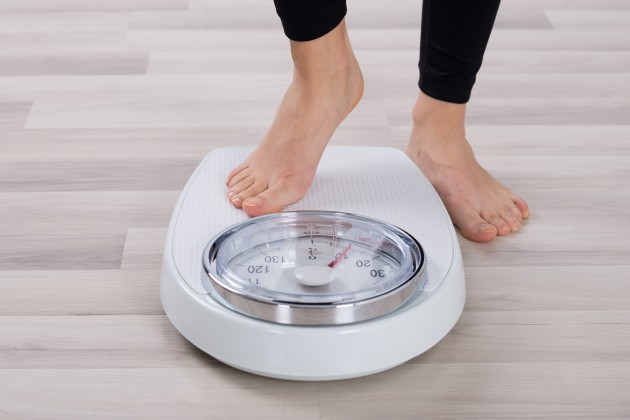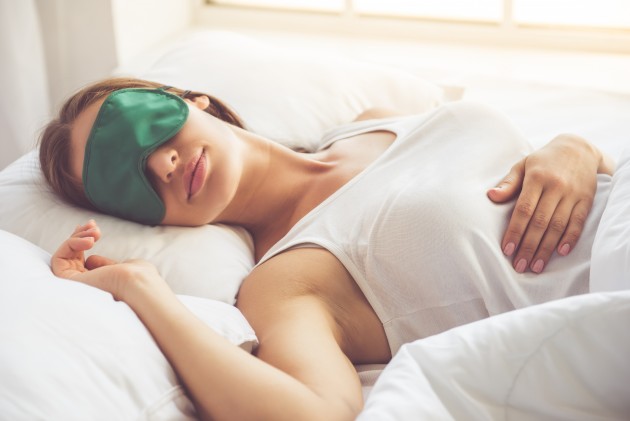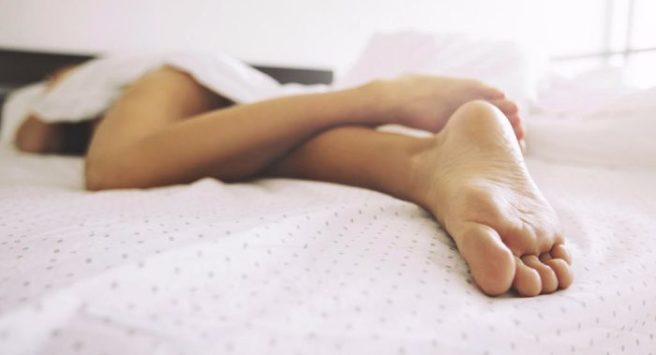
Like clockwork: So, this is best time to reach for the bottle of vino
As far as we’re concerned, the best time to reach for an alcoholic drink is when you’ve officially had it up to here with life, and need a quick sip to take the edge off.
And that, ladies, is why we let the experts tend to the scientific research because we are, in fact, a little short of the mark on this one.
According to research compiled by the health and wellbeing firm Forza Supplements, the best time to chill-out with the first drink of the day is 6.10pm – four hours before we go to bed to maximise liver recovery time.

And it’s not just alcohol that our body clock has a specific response to, either.
The recent findings suggest that there exist optimum times for a number of activities, from work and sex to exercise and sleep.
The best time to have sex is at 7.30am – around 45 minutes after you wake up because energy levels are at their highest after a good night's rest which means you have more stamina.
The rush of endorphins sparked by sex lowers blood pressure and stress levels and makes us feel more upbeat for the rest of the day.

And once you’ve gotten down and dirty with your other half, researchers claim the individual is best suited to work-related tasks.
Apparently, our concentration levels peak three hours after we wake up so the best time to do the most taxing jobs at work is around 9.45am as your memory, focus and creativity levels are at their best.
And now to exercise.
Studies have found that strength is at a low point in the morning and gradually climbs until it peaks in the early evening.
So, if you’re a gym bunny with a focus on weights, you’re likely to do your best work in the early evening.
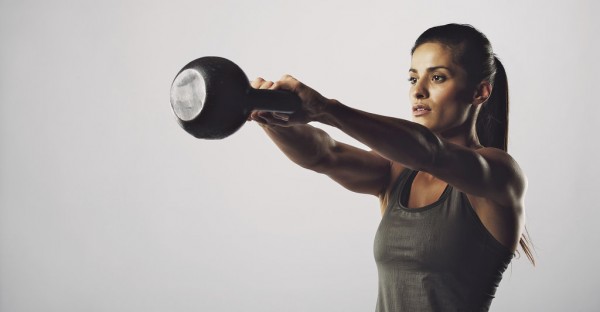
And where does sleep feature in all of this?
Well, researchers assert that the best time for sleep is at 10.10pm – allowing for 20 minutes to get to sleep and 90 minutes of the most restorative non-REM sleep which is most likely to occur prior to midnight.
Commenting on the findings, Forza Supplements managing director, Lee Smith, explained: “What we set out to do was to find out the absolute optimum times to work, rest and play.”
"While no two people are the same, these were found to be the very best times for the average person to do the key activities which make for a healthy and happy life.”
You heard the man.







